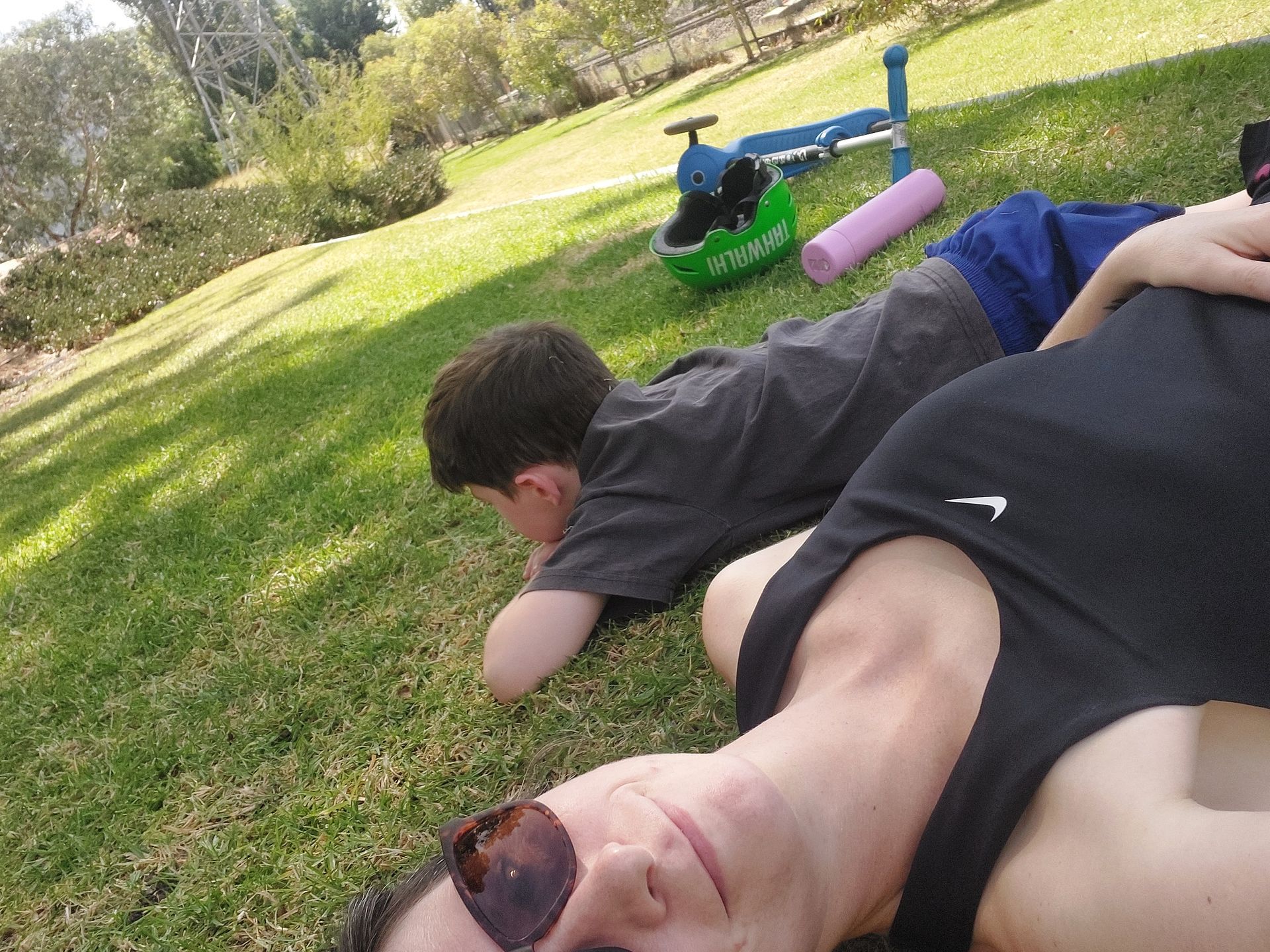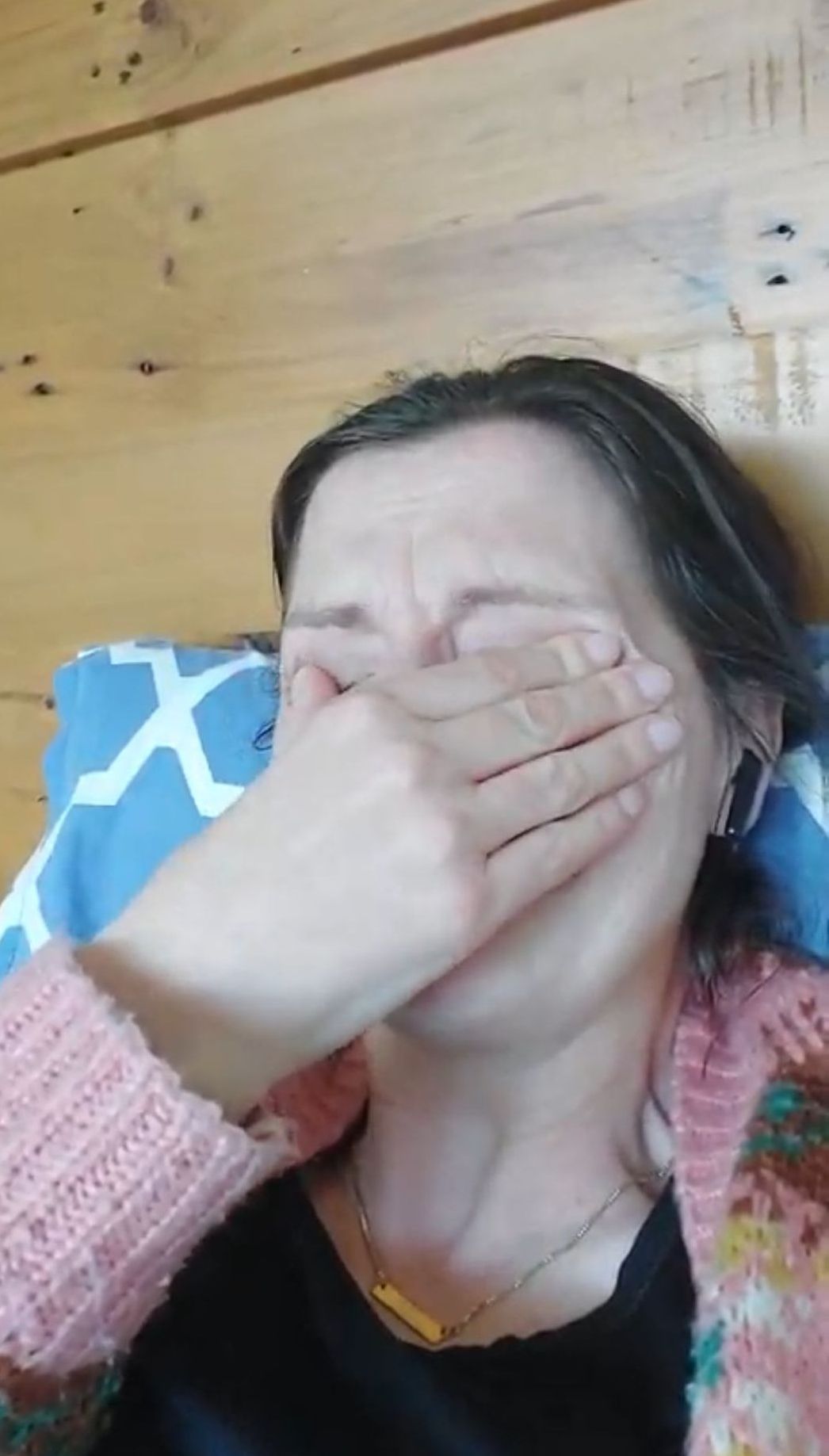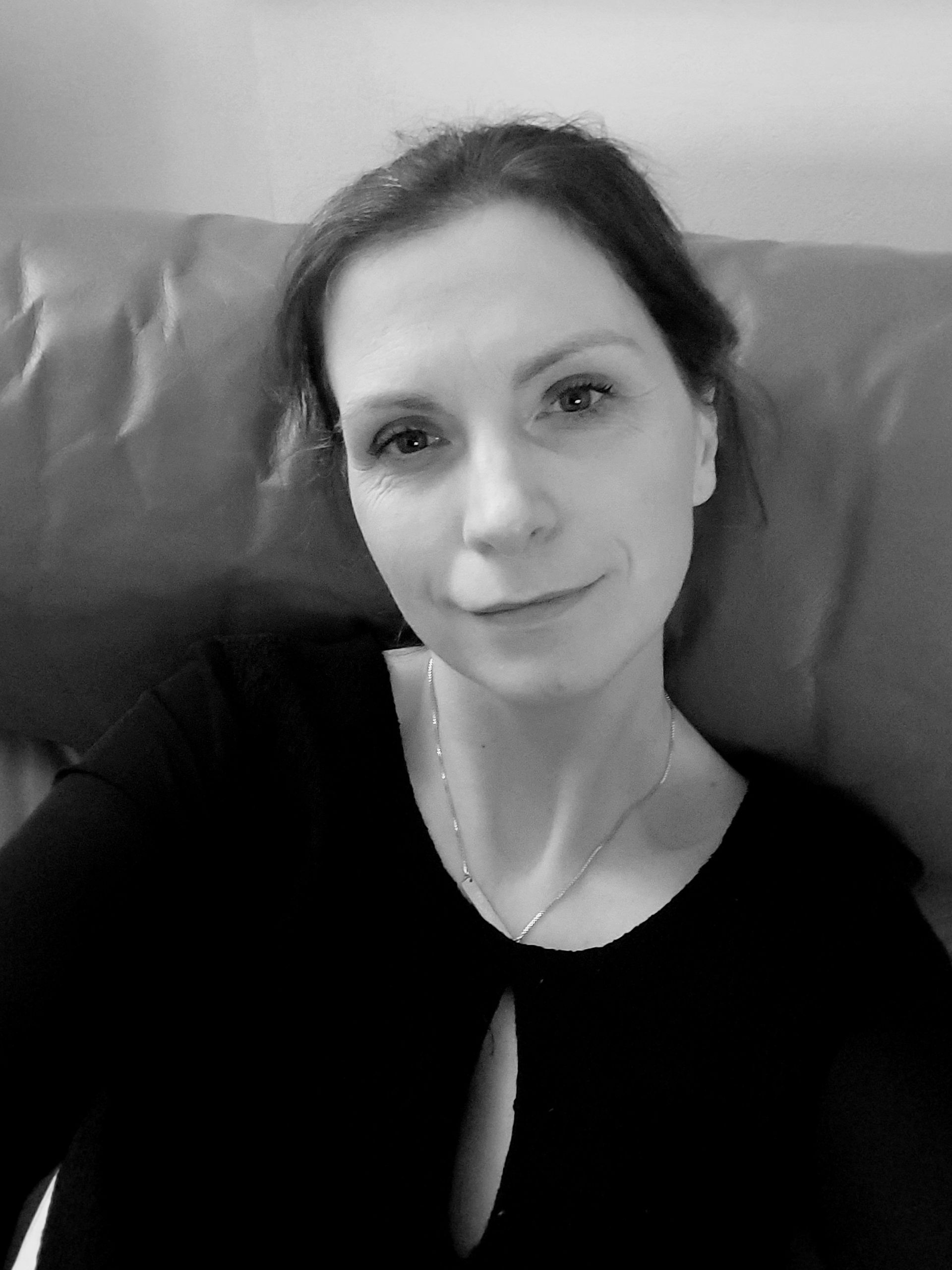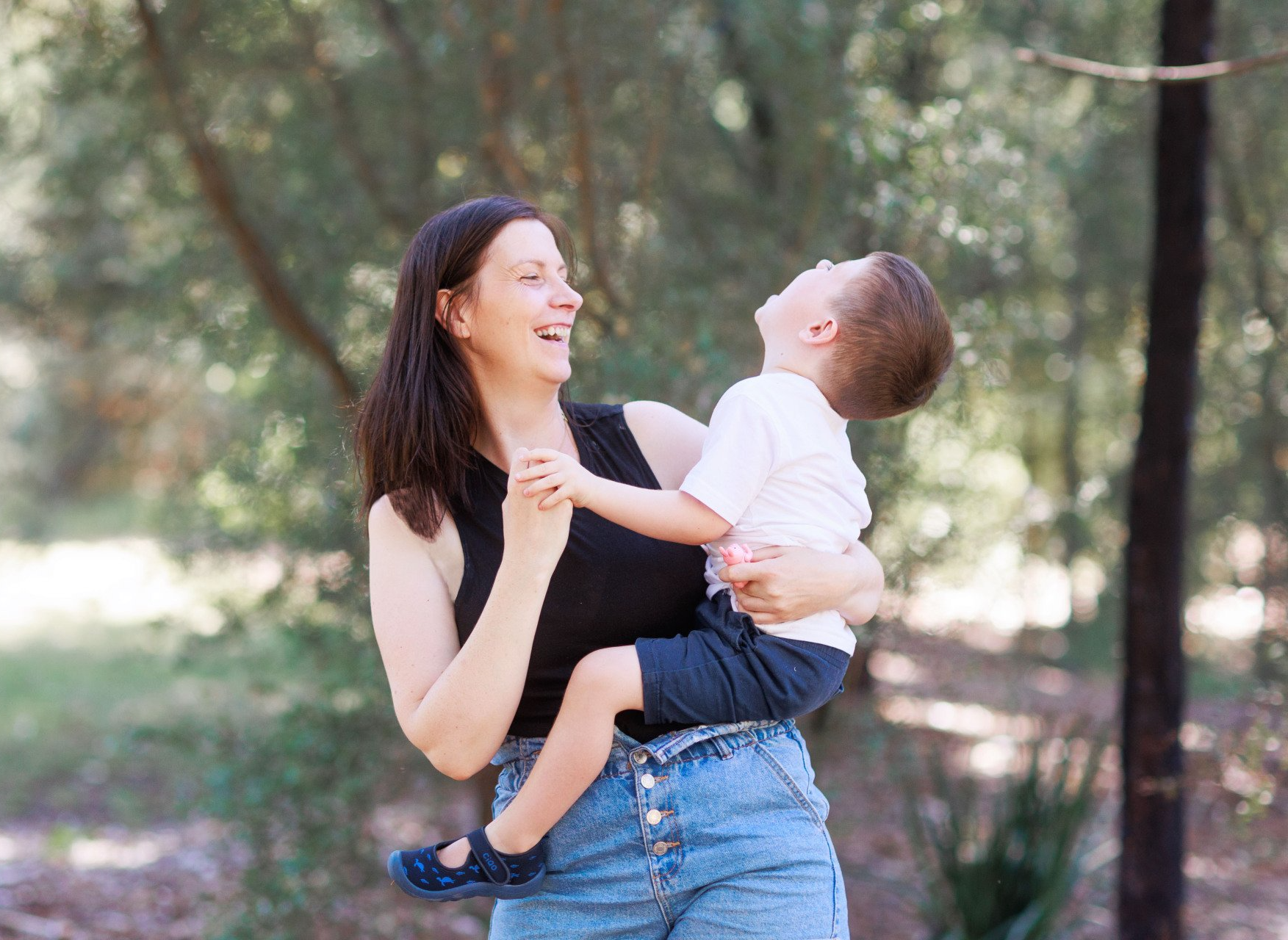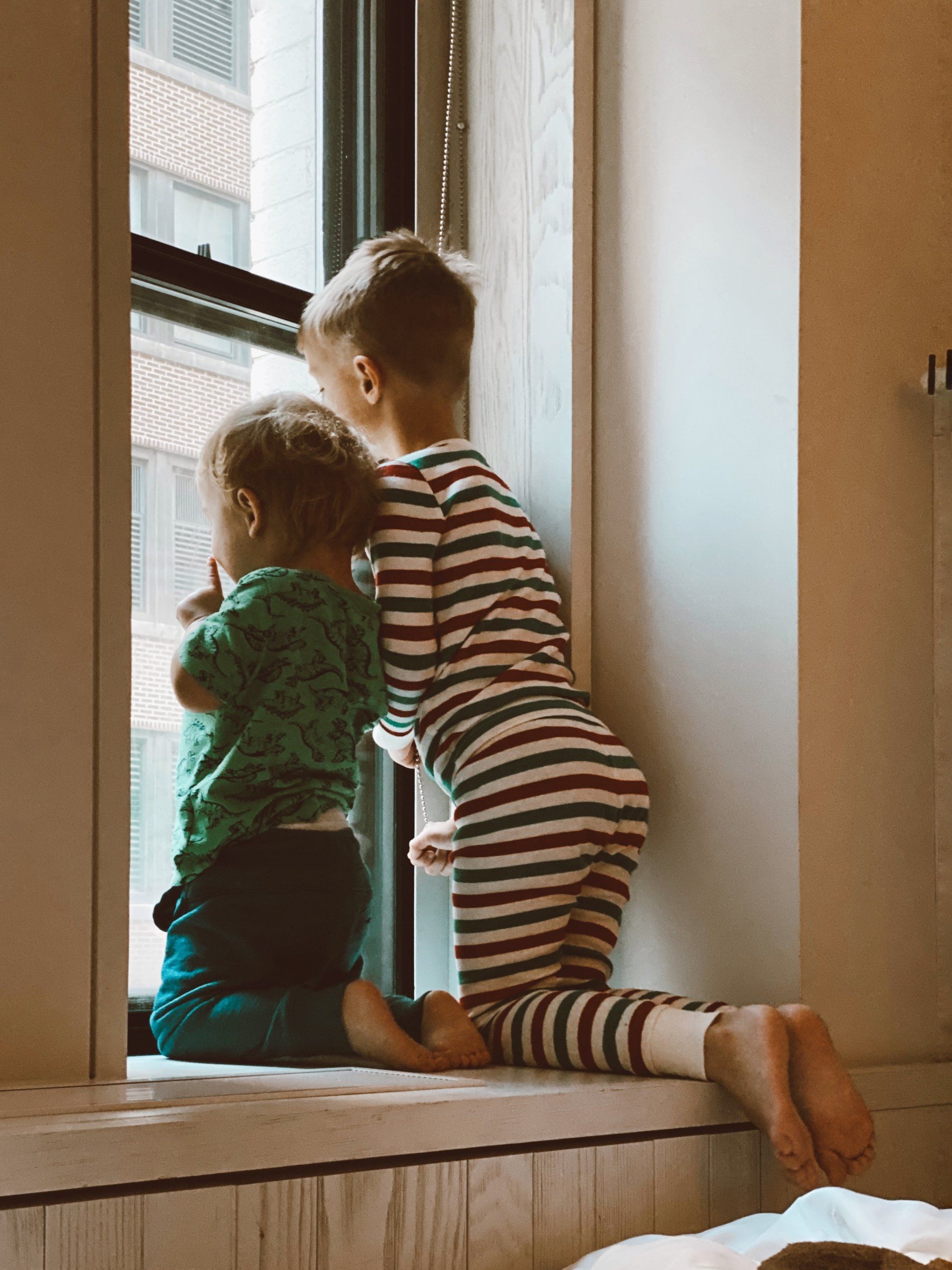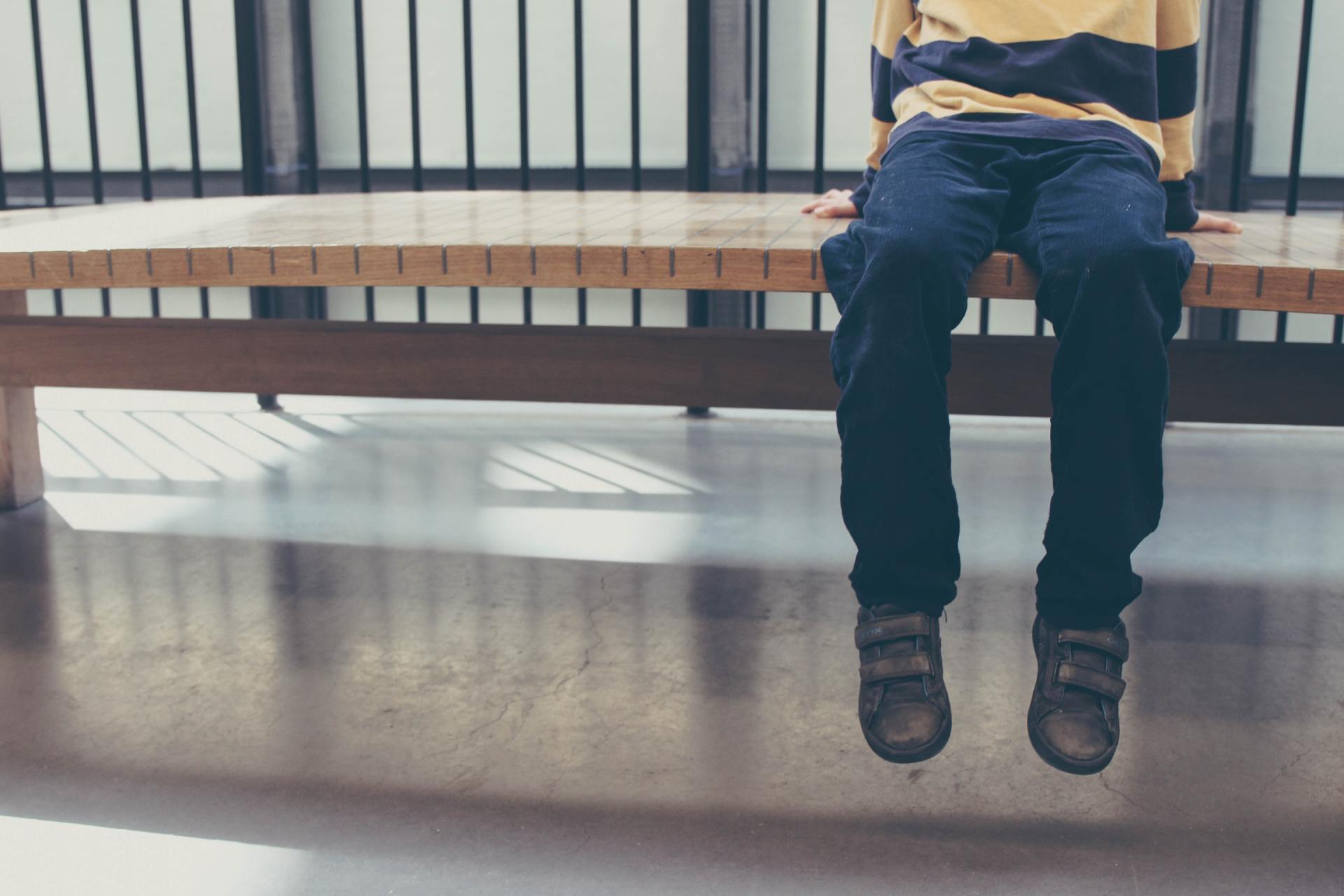Blog
Insights, Tips, & Guidance for Cultivating Stronger Connections
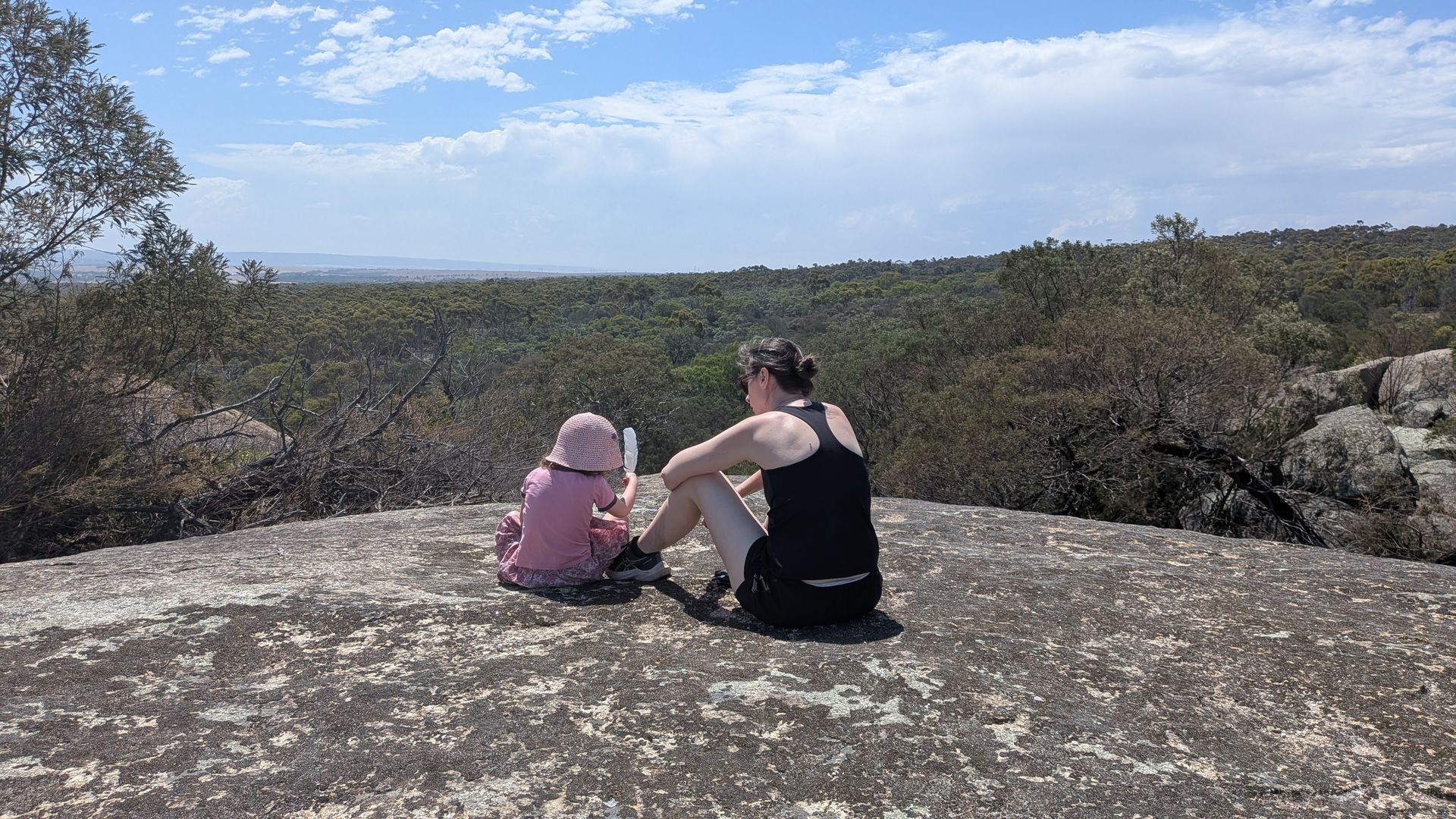
Like many last year was tough, I know im not alone but after a few years of growth personally, professionally and spiritually the last year really knocked the wind out of my sails and to be quite honest I withdrew. I huddled in so that I could show up as best I could for myself and my family. I can now reflect that I was in survival mode. Of course while trying to build a business (especially in the wellbeing space) withdrawing is not ideal! But you know what – I did the best I could with what I had and im here to tell the tale AND I learned a lot too. So yeah I’ve been hanging out waiting for the year of the horse as a kinda starting point to refocus and get back to doing what I love, which is supporting families. The Fire Horse apparently represents momentum and forward movement so this is me after a fall “getting back on the horse”! After years of studying in different wellbeing modalities I really had the chance to observe my situation from a new lens. Here’s some of my key takeaways Iv relearned and focused on: It’s okay to just be as you are, to show up as best you can with what you have. If your tank is at 40% and you gave 40%, then you gave 100%. I still have to remind myself of this often, but I am proving it to myself daily in how I choose to show up — with self-compassion and kindness. I know that sometimes my expectations often don’t match my reality and that can be so hard. Over the last 12 months Iv focused on building my self- awareness. Challenging my ideas of my expectations and rewriting them when needed and cutting myself some slack. On the days that I find this challenging, I imagine I’m chatting with my friend and reassuring her that her wellbeing is crucial to her family’s wellbeing. One of my biggest takeaways was recognising how I was speaking to myself! My inner critic can be mean and when things were particularly challenging this voice got louder and louder pulling me into a cycle of negativity and overwhelm which impacts my whole life- and those around me. After years of studying and working in the wellbeing space I know this! but my experience this last year taught me that this part of me will always be here and it is my choice what I give my attention to. When those negative thoughts and dialogue happen, I focus on my breathing – slowing it down with a long exhale. I listen to the thought and then I challenge it with a kinder version of reality Yeah, the house is messy and that’s okay I was playing with my kids and having fun and I can clean later. I prioritise my basic needs : Sleep (and/or rest) Food/water Going to the toilet when I need (not holding it) Movement/exercise I also do things just for me not big difficult to achieve tasks but things that support me and my wellbeing. Like last year for two terms I did swimming lessons to improve my skills and then I would use the sauna/steam room after to relax. I did this on a Monday night when my husband was home, and he was able to do bedtime. I got back into journaling , something I used to do and had let slide. Not big, long entries rather, 3 things I am grateful for that day. Some days I write more if I feel like it. Gratitude has been my saving grace since experiencing burnout in 2020 and has helped me so much since. There’s heaps more I could share, but this blog had a few simple purposes: To share something that might help even one mum who feels alone and overwhelmed To get back into sharing — done is better than perfect. To show up as authentically me. If you got this far thanks for reading 😊 Maria xx
It’s early morning, and you’re trying to get everyone ready. You’ve got a time you need to leave. One child refuses to brush their teeth. Another wants to change outfits. No one’s listening. You can feel the frustration bubbling up — rising fast. I know this moment. I’ve lived it more times than I can count. And I’ve gone both ways — sometimes noticing what I’m feeling and finding a way to regulate… and sometimes letting it build until I completely lose my cool and feel awful after. So let’s pause here. Because we do have a choice. We can: • Notice the feeling • Name it • Regulate Or we can ignore it, push through, and let it build… until it explodes. This is where emotional literacy comes in Learning to name and understand what we’re feeling isn’t just about staying calm — it’s about protecting our wellbeing, building stronger relationships, and showing up with more intention in the hard moments, especially in parenting. As Dr. Dan Siegel puts it, “name it to tame it.” When we name an emotion, we engage the thinking part of the brain (the prefrontal cortex), which helps calm the emotional part of the brain (the amygdala). It’s a simple but powerful way to begin regulation — for ourselves and for our kids. What I’ve Learned About Emotions and Regulation I used to think emotions were either good or bad — that some should be pushed down and hidden. I spent years doing that. Add in an ADHD diagnosis (and everything I’ve since learned about how that affects the nervous system and emotional regulation), and it’s no wonder things felt so intense at times. I was moving between suppression and rupture. No awareness. No space to pause. No space to choose. Here’s what I now know: • Emotions are messengers They’re not bad or wrong — even the hard ones. They’re signals from the body and brain trying to get your attention. • Your body often feels the emotion before your brain can make sense of it That racing heart? Tight chest? Irritability? That’s your nervous system talking. It’s why building body awareness is key to self-regulation. Emotional Awareness in Real-Life Parenting Moments It’s 8:00am. You haven’t had breakfast. The kids haven’t brushed their teeth. One wants a full outfit change. Shoes aren’t on. You feel that ugh rise in your body. Get curious. • Am I hungry? (Yes. A basic need isn’t met.) • Am I feeling unheard? (Yes. No one is listening or responding.) • Is there pressure? (Yes. I need to leave by 8:30.) • Do I feel stuck between options? (Yes. If I say no to the outfit change, it might cause a meltdown and slow us down even more.) Makes complete sense that I feel overwhelmed. Honestly just writing this helps me reflect on how hard these moments can be. It is hard. And acknowledging that really helps. What Helps Me in These Moments 1. Pause and acknowledge: “I’m feeling frustrated. That makes sense. This is a lot right now.” 2. Regulate my body: Sometimes I use the physiological sigh (a double inhale through the nose, long exhale through the mouth) — it’s a simple, science-backed way to calm the nervous system. How to do a Physiological Sigh Other times I shake it out, blast music, or do a little dance. Anything that lets the stress move through me, not get stuck in me. Current favourite song to shift big feelings 3. Reframe the moment: I ask myself, What happens if we’re late? Yep, we’ll be rushed. Maybe even late. But what’s more important — being on time, or maintaining connection with my kids by modelling regulation and self-kindness before a long separation? It’s hard to shift this thinking. Many of us have been conditioned to believe lateness = a personal failure. For me I’m learning to replace that idea with: It’s okay if we’re late! I’m a good mum with two young kids, doing her best. Why This Matters Building emotional awareness comes under the umbrella of emotional intelligence — something I was not aware of since working in this space. But it’s never too late. When we name what we’re feeling, we can: • Make sense of our experience • Calm our nervous system • Respond with more kindness — to ourselves and others And the more we practise, the more we can model this for our kids. We’re not just helping them brush their teeth or get their shoes on. We’re showing them how to understand their emotions, too. And that’s AMAZING!!!! ✨ Looking for practical tools to help you (and your kids) regulate emotions and build connection? Grab your free copy of Calm and Connected here. Thank you for reading Maria XX References: Siegel, D. J., & Bryson, T. P. (2011). The Whole-Brain Child: 12 Revolutionary Strategies to Nurture Your Child’s Developing Mind. Delahooke, M. (2019). Beyond Behaviors: Using Brain Science and Compassion to Understand and Solve Children’s Behavioral Challenges.
Over the past week, many of us here in Victoria have been deeply shaken by the news that an early childhood educator has been charged with assaulting children in their care. Like many of you, I’ve been feeling the shock of the news not as a legal or trauma expert, but as a parent, a wellbeing educator, and someone who believes deeply in safe, connected care for our children. I’ve been sharing on my stories information from experts and professionals who are more informed than I am on child protection and safety — that’s not my area of expertise, so I want to be guided by those who are trained in that space. But as a parent, and someone who supports others in parenting and wellbeing, what I can offer is some support for the emotional side of this. Because the conversations I’ve been having with parents this week are full of fear, guilt, anger, and grief — especially for the families directly impacted. I’m a mum with a child in daycare, and this has rocked me too. I feel it in my body — that tight chest, that lump in my throat. And I want to share a few gentle reminders that might help you in the midst of all of this. 1. Let Yourself Feel What You Feel This is big. It’s shocking. It’s heartbreaking. It’s okay to feel scared, angry, upset, or anxious. It’s normal. When something like this happens, it shakes the core of what we believe to be safe. And it can bring up so much — including old fears or experiences of our own. The goal here isn’t to push the feelings away, but to name them, acknowledge them, and allow them space. That’s actually a very important part of regulating our nervous systems. Acknowledging our feelings is actually the first step in helping our nervous system process what’s happening. The Australian Psychological Society has some helpful guidance here: 👉 https://psychology.org.au/for-the-public/psychology-topics/trauma 2. Our Kids Pick Up on Our Energy — And That’s Okay Even if we don’t say anything, our kids often sense when something’s “off.” They’re wired to be attuned to us. That doesn’t mean we have to be completely calm or cheerful all the time — it just means we can be real with them in a way that’s developmentally appropriate. For example, you might say: “I’m feeling a bit sad today, so I’m taking some deep breaths and doing things that help me feel better.” This is actually a beautiful opportunity to show them what self-regulation looks like. You’re modelling how to name emotions and support yourself through them — something that builds emotional awareness and resilience in them too. This idea of co-regulation (how your calm helps calm your child) is something Dr. Dan Siegel and Dr. Tina Payne Bryson talk about in The Whole-Brain Child — and it’s backed by neuroscience. 3. Ask Yourself: What’s In My Control? One of the hardest parts about fear and anxiety is the sense of helplessness. That’s a very normal response — and in times like this, it's easy to feel like there’s nothing we can do. But I encourage you to reflect and ask yourself: “What is in my control right now?” Maybe you have some questions to ask your daycare/kinder to help relieve these anxieties. Some questions can help bring us back to what is in our hands: • Am I happy with how my child’s centre communicates with me? • Are there concerns I’ve had that I haven’t voiced? • Would it help me to book a meeting with the room leader or director? You have the right to ask questions, request a tour, clarify procedures, and share your concerns. You can make a call. You can ask questions, clarify procedures and share your concerns. These steps are not just about information — they’re about rebuilding a sense of safety and agency. Even small actions can help settle our nervous system. The Raising Children Network is great resource for what to expect and how to talk to your child’s early learning provider: "Trusting your instincts and following up on concerns with your child’s educators is an important part of being engaged in your child’s early learning experience." 👉 https://raisingchildren.net.au/grown-ups/work-child-care/centre-based-family-day-care/building-relationships-with-carers 4. Talk to your child about body safety in an age-appropriate way: One of the most powerful things you can do is help your child build an understanding of their own body and their right to safety. You don’t need to overwhelm them with scary information. We want body safety conversations to be gentle, consistent, and part of everyday life. • Teach the correct names for body parts, including private parts (penis, vulva). This reduces shame and builds confidence. • Make it clear that “your body belongs to you” — and it’s always okay to say “no” to unwanted touch, even from adults. • Explain that secrets should never be kept about touch or anything that makes them “icky” or uncomfortable. In our home we say “surprise” instead of secret. • Let them know that they can always come to you or another trusted adult no matter what happens or if anything feels wrong or confusing — and that they won’t get in trouble. We want our kids to know that their safety is so important to us. You can start these conversations when they are babies and continue as they grow. Having these conversations is about empowering them and building trust. Helpful expert tips and resources: Click the links Body Safety Australia Safe4Kids ChildSafe. Kristi McVee | Child Safety Expert & Educator ❤️ I think its also important to acknowledge the vast majority of early childhood educators are incredible, compassionate professionals. They work hard every day to support our children with care, patience, and skill. They guide their emotional development, cheer on their milestones, and offer a sense of security and connection when we’re not there. Many, like us, are devastated by this news — and continue to show up, doing their best for our kids every single day. 5. Support Yourself, So You Can Support Your Child When we’re stressed, our capacity is lower. We’re less patient. We might feel foggy, snappy, or flat. Our sleep and appetite might be off. That’s all very normal — but it also makes it harder to stay calm and connected with our kids. This doesn’t mean striving to be “perfect.” It just means gently checking in with yourself: “How am I doing right now?” “What do I need so I can show up as best I can?” Maybe it’s a quiet moment with a cuppa, a chat with a friend, a walk, switching off the news, or speaking to your gp or a mental health professional. Whatever helps you stay steady — even just a little bit — is worth making time for. If you’re finding it hard to navigate all the feelings that are coming up right now, please know I offer gentle, evidence-informed support and resources for parents — whether it’s helping you regulate your own nervous system, strengthen connection with your child, or explore tools that support emotional safety at home. I also recommend Emerging Minds — they have fantastic, free resources for supporting your own mental health and your child’s wellbeing during distressing times. You’re Not Alone I wish none of this had happened. I wish every child was guaranteed safety and gentleness every day. I wish none of us ever had to navigate this kind of fear or grief. But we do. And in these moments, when we take time to care for ourselves, to connect with others, to speak up, and to seek support when we need it — we protect not only our children, but ourselves. And we model for them what it means to be human, brave, and tender in a sometimes scary world. If you’re feeling overwhelmed, uncertain, or just want to talk through what’s coming up — please know I’m here. Through Reaching for Calm, I offer: Parent coaching (1:1 or small group) to support emotional safety, connection, and nervous system regulation at home Workshops and professional development for parents, educators and professionals, with a focus on wellbeing, emotional regulation, and trauma-informed approaches Tools and resources rooted in evidence-based frameworks including interpersonal neurobiology, polyvagal theory, and conscious parenting While my training is not specific to body safety education, my work is centred on emotional safety, self-awareness, and the wellbeing of both children and the adults who care for them. If you need support, guidance, or even just a place to feel seen — I’m here. Maria xx

